
17 – 23 May 2025

Activities for
strong children



Experiencing non-formal education: fewer screens, more movement, discovery, and experiences
During Children's Week (17 to 23 May 2025), the non-formal education sector—including crèches, mini-crèches, maisons relais, foyers scolaires, foyers de jour, and parental assistants—comes together to host a variety of events, activities, and workshops. These initiatives offer the public a deeper insight into the essential educational work carried out in these facilities every day.

NON-FORMAL EDUCATION, A VALUABLE PARTNER IN QUALITY EDUCATION!
Education and childcare facilities (crèches, mini-crèches, maisons relais, “foyers scolaires”, “foyers de jour” and parental assistants) look after children aged 0 to 12 and have an educational mission that has been enshrined in law since 2016, namely non-formal education. The principles and characteristics are defined in the National reference framework for non-formal education of children and youth.
Education and childcare facilities encourage autonomy and initiative and give children the opportunity to play, to have fun and to relax in spaces tailored to their individual needs. It is through exploration and experimentation that children learn on their own, with their peers and with other adults.

CHILDREN'S WEEK 2025 : 17 - 23 May
Immerse yourself in your child’s daily life in his or her education and care facility by attending workshops on various themes and open houses organised throughout the week.
Parents or future parents will get a better sense of the learning opportunities provided by non-formal education and see how it centres on a child as an individual and contributes to his or her global development and education.
Parents or future parents will get a better sense of the learning opportunities provided by non-formal education and see how it centres on a child as an individual and contributes to his or her global development and education.
CHILDREN'S FESTIVAL 2025 : Saturday 17 May and Sunday 18 May from 10 a.m. to 6 p.m.
The Children's Week will be officially launched on Saturday 17 and Sunday 18 May 2024 with a Children's Festival at Neumünster Abbey Cultural Exchange Centre.
More than sixty workshops will provide amazing play opportunities for you and your children, to create, discover, research or investigate and become playfully acquainted with the fields of action of non-formal education applied in education and childcare facilities “crèches”,“mini-crèches”, “maisons relais”, “foyers scolaires”, “foyers de jour” or run by parental assistants.
More than sixty workshops will provide amazing play opportunities for you and your children, to create, discover, research or investigate and become playfully acquainted with the fields of action of non-formal education applied in education and childcare facilities “crèches”,“mini-crèches”, “maisons relais”, “foyers scolaires”, “foyers de jour” or run by parental assistants.


« Staark Kanner », stong children
Making children strong has been the mission that the Ministry of Education, Children and Youth has set itself under the slogan "Staark Kanner", since 2016, to make sure the care system works within a legal framework and that quality education is delivered and continuously improved in all education and childcare facilities subsidised by the State such as non-profit organisations or facilities managed by municipalities; or facilities governed by private law.
The key pedagogical considerations are autonomy, voluntary participation and group learning around the image that views the child as a 'competent child' with diverse abilities and interests from birth. These considerations are set out in a national reference framework applied by all education and care providers who benefit from the childcare service voucher scheme.
The key pedagogical considerations are autonomy, voluntary participation and group learning around the image that views the child as a 'competent child' with diverse abilities and interests from birth. These considerations are set out in a national reference framework applied by all education and care providers who benefit from the childcare service voucher scheme.
The same applies to the multilingual education programme for children aged 1 to 4, which includes 20 hours of free childcare per week and was introduced in nurseries in 2018.





